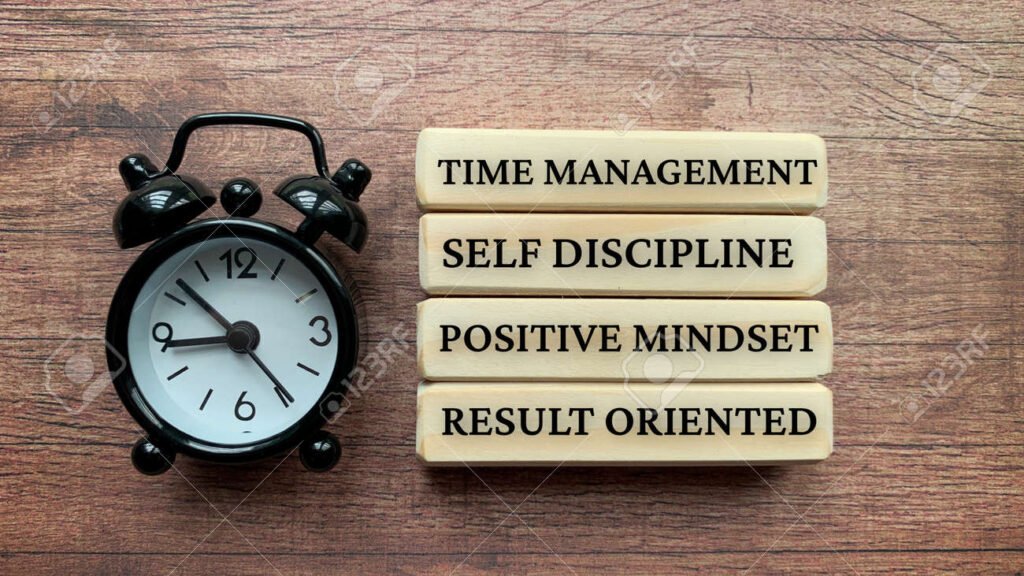
Why Students Should Focus on Building Soft Skills Alongside Academics
In today’s fast-changing world, good grades and academic knowledge are no longer enough. Employers are looking for well-rounded individuals who can think critically, work well in teams, and communicate effectively. That’s where soft skills come in.
Soft skills—like emotional intelligence, communication, adaptability, and time management—are just as important as your GPA. They’re the skills that help you stand out in interviews, succeed in the workplace, and navigate life with confidence.
Here’s why developing soft skills should be a top priority for students—especially in an online or hybrid learning environment.
Why Soft Skills Matter More Than Ever
- Boost career readiness and job performance
- Improve communication in personal and professional life
- Help navigate group work, projects, and leadership roles
- Build stronger relationships with peers and instructors
- Foster resilience and adaptability in a changing world
1. Communication Skills Are Key

Whether it’s writing an email, participating in a discussion forum, or giving a virtual presentation, communication is at the heart of learning and working.
Strong communication skills help you express ideas clearly, give and receive feedback, and collaborate effectively with others. These skills become even more important in online courses, where written and digital communication is often the primary form of interaction.
2. Teamwork Makes Everything Work

Group projects are common in both school and the workplace. Being able to work well with others—whether in person or virtually—is essential.
Teamwork teaches you how to listen, compromise, share responsibility, and lead when needed. These are the kind of qualities employers look for when hiring, and they often matter more than your technical knowledge alone.
3. Time Management and Self-Discipline

Online learning requires a lot of self-motivation. There’s no one reminding you to show up for class or submit assignments on time.
Learning to manage your time, meet deadlines, and stay organized builds discipline—one of the most valuable soft skills you can have. These habits will carry over into your job, where juggling multiple tasks and staying productive is expected.
4. Problem Solving and Critical Thinking
Soft skills also include how you think—not just what you know. Being able to analyze situations, identify problems, and come up with creative solutions is incredibly valuable.
Courses can teach you concepts, but soft skills help you apply them in real-life situations. That’s what employers are really looking for.
5. Emotional Intelligence Builds Better Relationships
Being aware of your emotions, handling stress, and showing empathy toward others are all parts of emotional intelligence. These skills help you navigate school, work, and life with confidence.
Emotional intelligence helps you lead with empathy, collaborate better, and respond calmly in high-pressure situations—something that can make a big difference both in your career and personal growth.
6. Adaptability = Long-Term Success
The world is changing fast. New technologies, new roles, and new ways of working are constantly emerging. Being adaptable means you’re open to change and willing to learn new things as needed.
This kind of mindset is exactly what companies need—and what makes students thrive beyond the classroom.
7. Soft Skills Set You Apart
When everyone has the same degree or certificate, what makes you stand out? Soft skills.
They show employers that you’re more than your grades—that you’re reliable, collaborative, emotionally intelligent, and capable of handling real-world challenges. That kind of value can’t always be taught in a textbook—but it can be developed through practice and awareness.
Conclusion: Balance Books with Real-World Skills
While academic knowledge is important, soft skills are what bring that knowledge to life. They help you stand out in job interviews, become a better teammate, and grow into a confident, capable professional.
So as you work through your courses and study for exams, don’t forget to also build your communication, leadership, and problem-solving abilities. These are the skills that will support your success—long after graduation.
